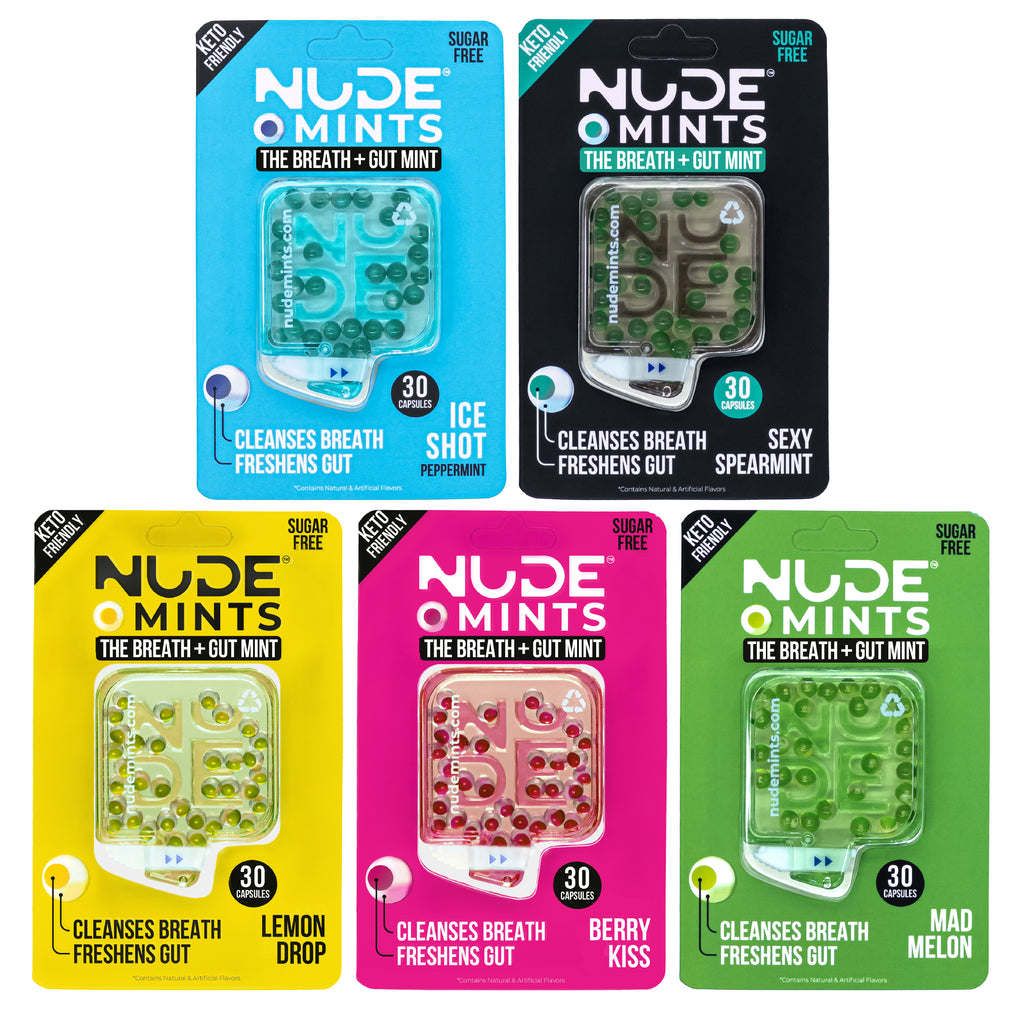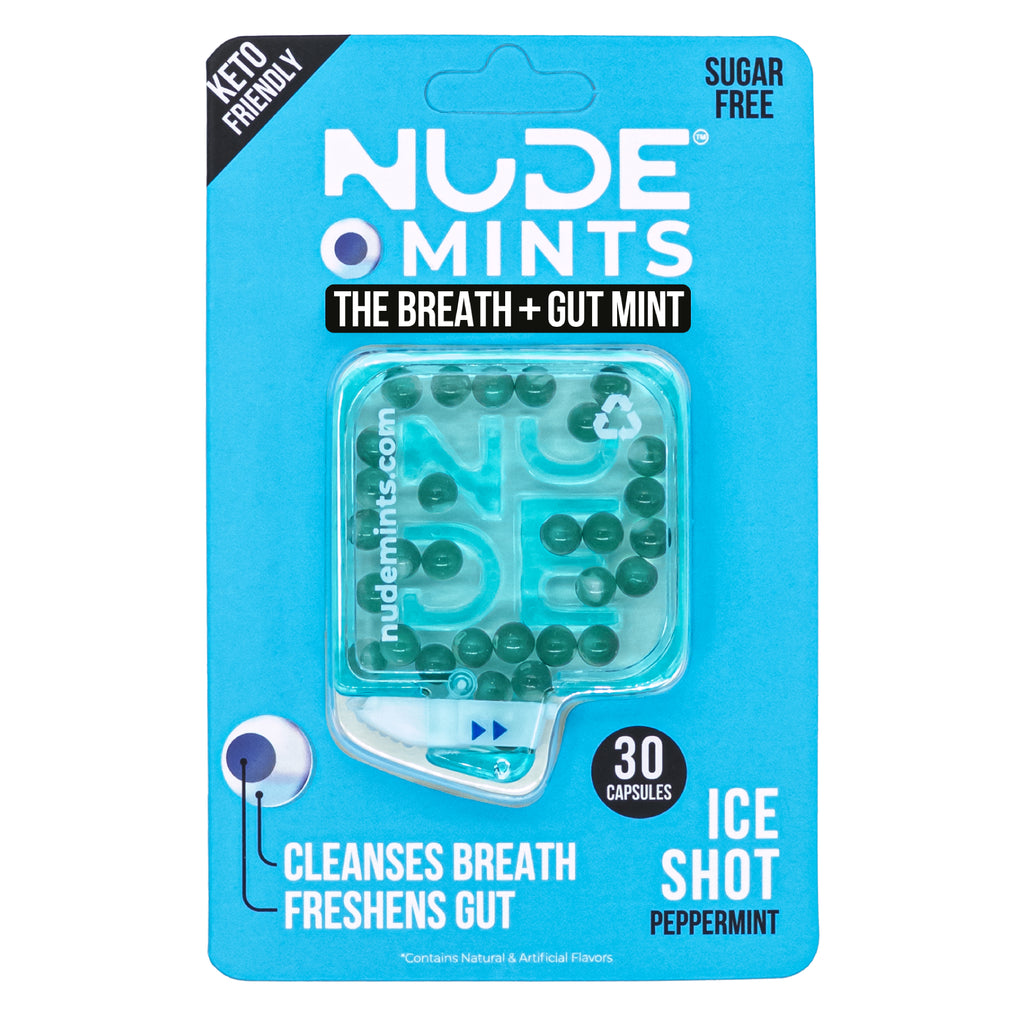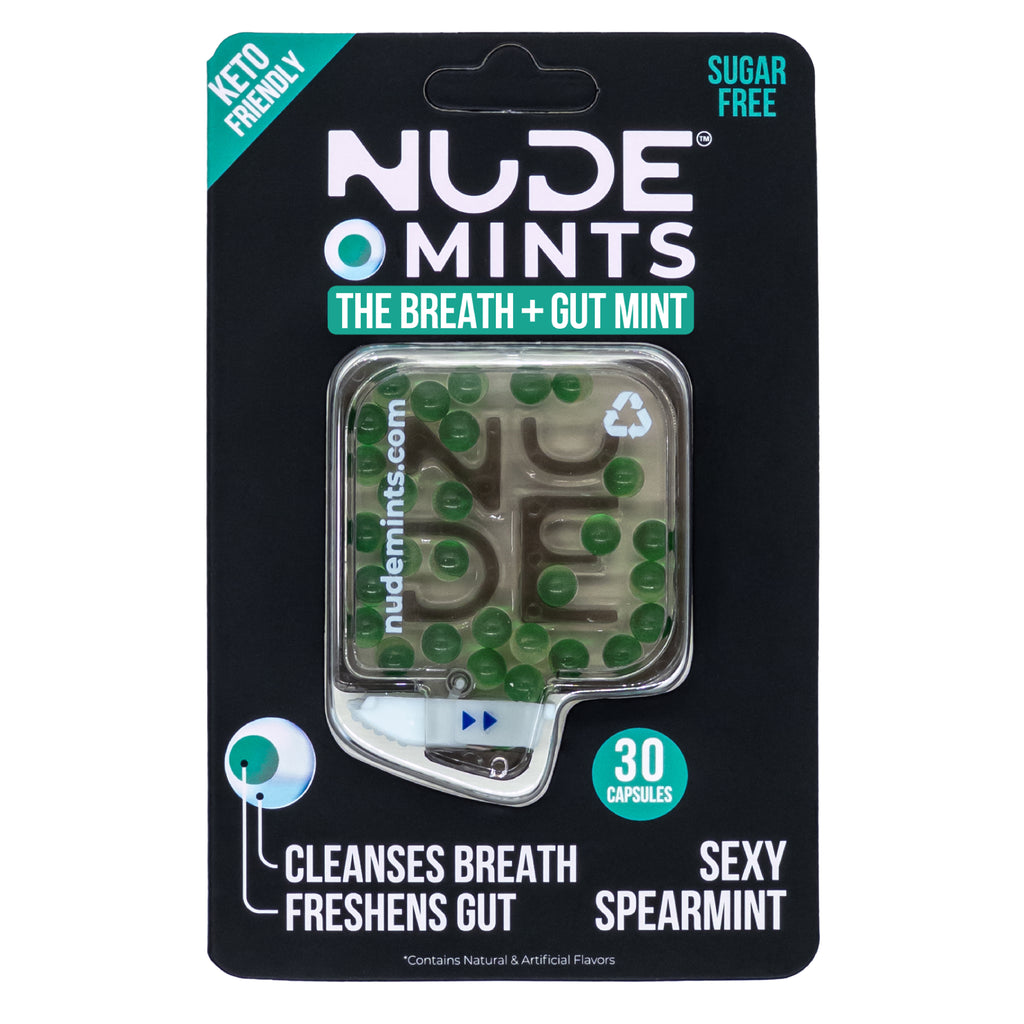Morning Breath: What Are the Causes
-
Waking up with morning breath isn’t an enjoyable strategy to begin your day. However it’s extraordinarily frequent, and most of the people expertise it in some unspecified time in the future. Fortuitously, it may be handled like all different causes of halitosis (bad breath). What causes morning breath?
There are a variety of various causes of morning breath, however, the two greatest causes are dry mouth and bad oral hygiene.
Poor oral hygiene
Poor oral hygiene is one other frequent trigger. Our mouths are the proper breeding floor for bacteria. If you happen you are not brushing or flossing successfully, food particles can get caught in crevices on the floor on the tongue, between the teeth, or alongside our gum tissue.
The bacteria in your mouth will break down these food particles, which releases the beautiful bad breath come morning time.
Morning breath is usually a symptom of periodontal illness, particularly if poor oral hygiene goes unchecked. Periodontal illness impacts the gums, inflicting infections in pockets beneath the teeth that may trigger robust, persistent halitosis. Periodontal illness —which begins as gingivitis — will should be handled by your dentist.
Tobacco
Tobacco use — notably smoking — can be instantly linked to each morning breath and common halitosis. It might probably dry out your mouth and make you extra vulnerable to gum illness. Add the smoke scent on prime, and it may be a recipe for potent breath.
GERD
Individuals with gastrointestinal reflux (GERD) — also called acid reflux disease — could expertise bad breath as a consequence of abdomen acid washing again up of their esophagus once they sleep in the evening.
Dry mouth
You probably have good oral hygiene, dry mouth is almost certainly in charge. Saliva is liable for eradicating the bacteria that may trigger bad breath. After we sleep, saliva manufacturing decreases considerably. Sure medicines may cause dry mouth, making morning breath even worse.
Consuming specific meals
What you place into your body can lead to morning breath. Consuming strong-smelling meals within the night like garlic or uncooked onions may cause morning breath the subsequent day, even in the event you brush your teeth nicely.
How is morning breath handled?
In lots of instances, morning breath may be handled at the house with a mixture of higher oral care and lifestyle adjustments.
Sustaining impeccable oral hygiene is each one of the best fast repair and long-term resolution for bad breath of any type. Brush your teeth instantly earlier than you go to mattress at evening, and don’t eat or drink something afterward. Doing so can introduce food particles that might be damaged down in a single day. Floss your teeth and use an antiseptic mouthwash after utilizing a tongue scraper.
If you happen to put on a retainer or different orthodontic gear, clear it each day. Brush your teeth as quickly as you’re awake to remove any remaining morning breath. If you happen to be smoking or utilizing tobacco, cease immediately.
Sugar-free gum, similar to Nudemints might also be useful, particularly in the event you’re on the go and experiencing recurrent bad breath together with morning breath. Sugar-free gum doesn’t give the bacteria in your mouth sugar to thrive on. It might probably additionally assist to stimulate the move of saliva and freshen your breath concurrently.
Your dentist might want to deal with the periodontal illness with deep cleanings. This can doubtless including scaling and root planing process, the place your dentist removes plaque and calculus from the teeth and gums. Relying on how superior an infection is, surgical procedure could also be required.
For these experiencing bad breath on account of GERD, your physician can prescribe acid-reducing medicine which you can take in the evening before you sleep. Additionally, they could suggest sleeping in an extra upright place to scale back acid within the esophagus.
Stopping morning breath
Morning breath may be handled, however, most individuals would favor keeping away from it altogether. What you place in your body issues an incredible deal:
- Drink numerous water, particularly earlier than you go to sleep in the evening. This retains you hydrated, stopping dry mouth and the ensuing bad breath.
- Keep away from strong-smelling meals in the evening, like garlic or onion, and skip out on espresso (even decaf) once the afternoon is over. Finally, a wholesome, well-balanced food regimen will assist your total health and may cut back morning breath.
- Giving up tobacco can enhance your breath immediately, day, and evening.
It’s crucial to observe good oral hygiene frequently to each deal with and forestall morning breath. Brush your teeth for 2 minutes earlier than you go to mattress earlier than flossing and utilizing an antiseptic mouth rinse to kill off any further bacteria. You must also use a tongue scraper to maintain your tongue clean.
If you have adopted all of the prevention strategies and residential therapies and nothing appears to work, make an appointment together with your dentist. They may help you establish the reason for your morning breath and establish one of the best therapy choices shifting ahead.
Grab a Pack of NUDE Mints
Afraid of having bad breath? Pop a NUDE mints in your mouth. Made with novel technology from Japan, it freshens your breath, cleans your gut, and boosts your confidence. Buy a pack of NUDE mints available in Ice Shot, Berry Kiss, Citrus Squeeze, Lemon Drop and Mad Melon.
Get the freshest news on your favorite mouth cleanser and gut freshener!
Read More
-
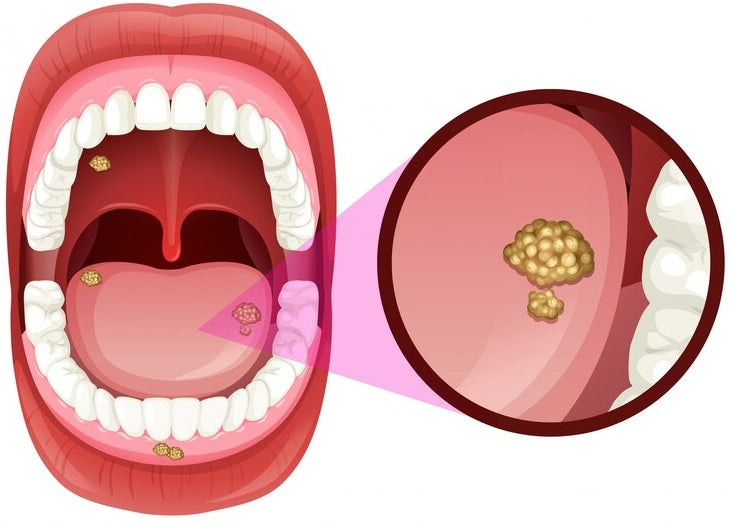
Halitosis: Understanding the Causes, Diagnosis, and Treatment for Fresh Breath
Halitosis, commonly known as bad breath, is a condition that affects a large number of people worldwide. It can be an embarrassing and isolating experience, but it is important to know that it is a common problem and that there are effective treatments available. In this article, we will discuss the causes, diagnosis, and treatment of halitosis. Causes of Halitosis Halitosis can have several causes, both internal and external. The most common causes include poor oral hygiene, dry mouth, certain foods and drinks, smoking, and certain medical conditions. Poor Oral Hygiene Poor oral hygiene is the most common cause of halitosis. When food particles and bacteria build up in the mouth, they can cause an unpleasant odor. Brushing and flossing...
-
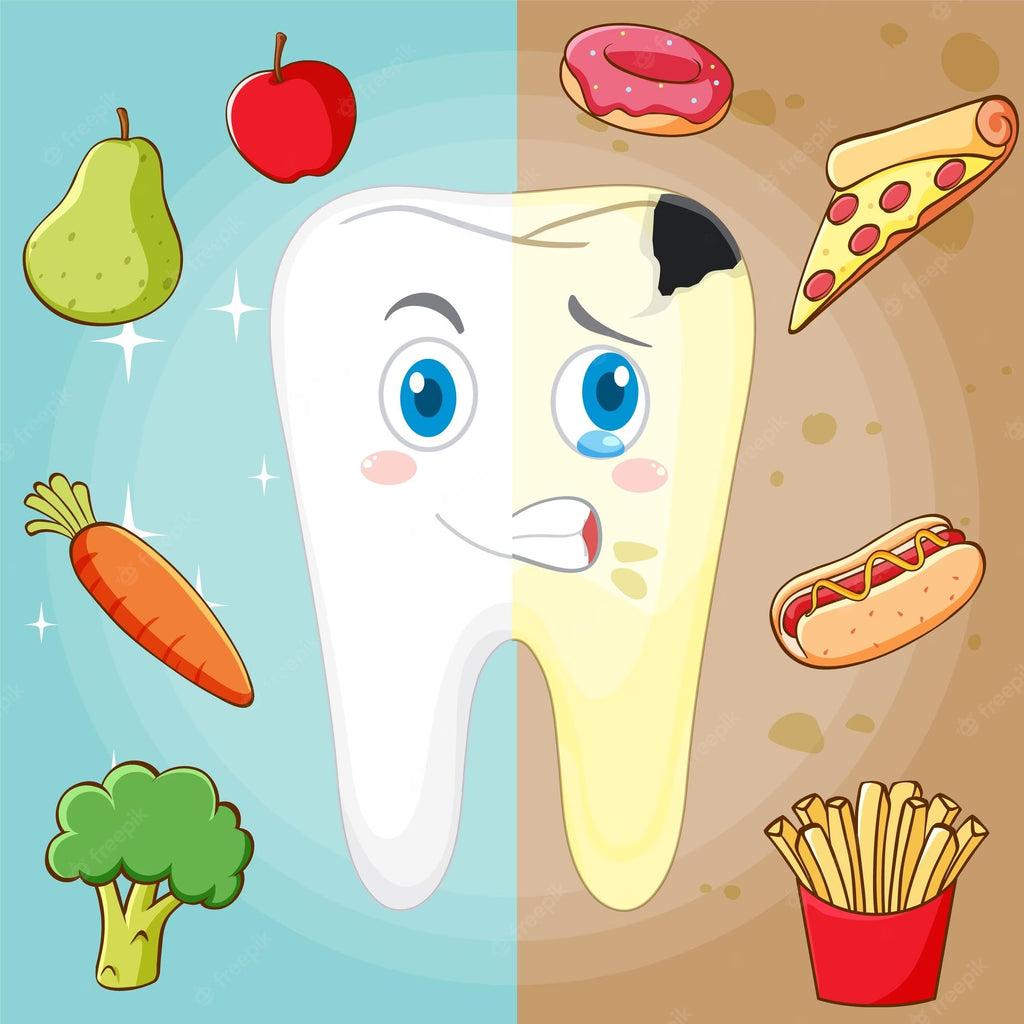
Crucial Connection Between Nutrition and Oral Health: Guide for Better Dental Care
As a dental health professional, we understand the importance of maintaining good oral hygiene to prevent cavities and gum disease. Brushing twice a day and flossing daily are essential habits, but did you know that nutrition also plays a crucial role in keeping your mouth healthy? In this article, we will explore the connection between nutrition and oral health and how you can make better food choices to support your dental health. How Nutrition Affects Oral Health Your diet can impact your oral health in many ways. A diet high in sugary and acidic foods can increase the risk of tooth decay and gum disease. When you eat sugary foods, the bacteria in your mouth feed on the sugar and...
-
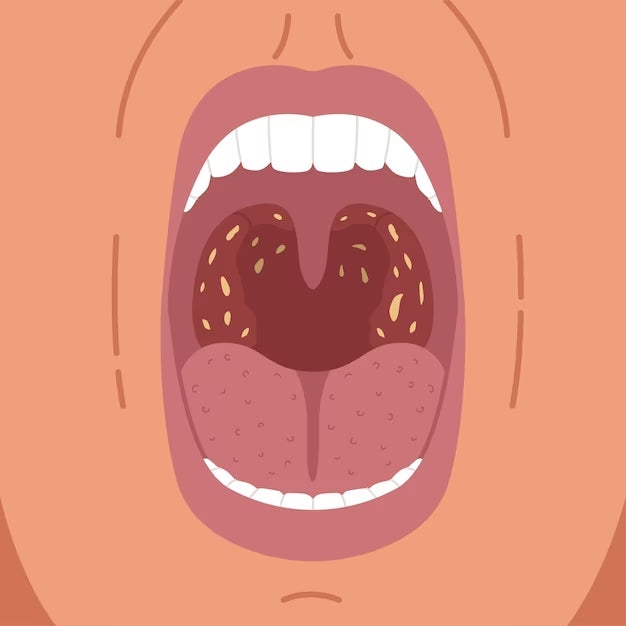
How to Treat Bad Breath Caused by Dry Mouth
Do you ever feel self-conscious about your breath? Do people avoid talking to you because of bad breath? Dry mouth, also known as xerostomia, can cause bad breath and make social interactions uncomfortable. In this article, we will discuss what causes dry mouth, how it leads to bad breath, and what you can do to treat it. Table of Contents What is dry mouth? Causes of dry mouth How dry mouth causes bad breath Signs and symptoms of dry mouth Diagnosis of dry mouth Treating dry mouth Home remedies for dry mouth Professional treatments for dry mouth Tips for maintaining oral hygiene Foods and drinks to avoid with dry mouth Conclusion FAQs What is dry mouth? Dry mouth occurs when...
-
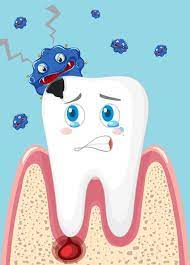
The Relationship Between Diabetes and Gum Disease: Understanding the Link
Diabetes and gum disease are two conditions that may seem unrelated, but research has shown that they are actually closely linked. In fact, individuals with diabetes are more likely to develop gum disease, and those with gum disease are more likely to have difficulty controlling their blood sugar levels. This article will explore the connection between diabetes and gum disease, and provide insights on how you can reduce your risk of developing both. The Relationship Between Diabetes and Gum Disease Diabetes is a condition that affects the body's ability to produce or respond to insulin, a hormone that regulates blood sugar levels. When blood sugar levels are consistently high, it can lead to a range of health complications, including nerve...
